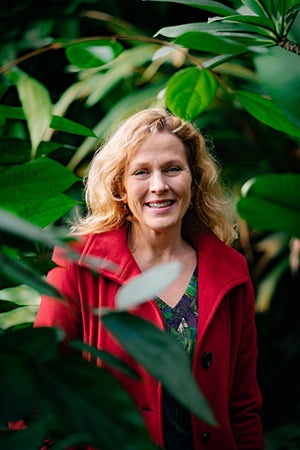
Join us for a special WaterTalk co-hosted by the University of Waterloo’s Water Institute and The Waterloo Institute for Nanotechnology (WIN), where Juliette Legler, Chair of Toxicology, Institute for Risk Assessment Sciences, Utrecht University, The Netherlands, presents, “Microplastics and Human Health: Moving the Field Forward.”
More information
The ubiquity of microplastics (plastic particles <5 mm, including nano-sized plastics <1 micrometer) in the environment raises increasing concerns about their implications for human health. Recent evidence indicates that humans constantly inhale and ingest microplastics, however, it is unclear whether these contaminants pose a substantial risk to human health. Initial studies suggest that microplastics are taken up in human tissues where they may cause biological effects. However, there are key knowledge gaps that need to be addressed in order to move the field forward and answer critical questions about the possible risks of microplastics on human health. In this presentation I will introduce research initiatives in Europe that address the lack of crucial data on human exposure and effects, to enable comprehensive risk assessment and support timely decision-making on health policies and mitigation strategies.
Speaker bio

The University of Waterloo is committed to achieving barrier-free accessibility for persons with disabilities who are visiting, studying or working at Waterloo. If you have questions concerning access or wish to request accommodations for this event, please contact Julie Grant (j26grant@uwaterloo.ca)
